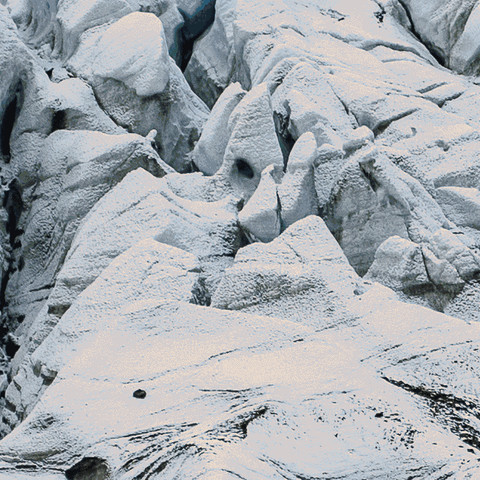Global Warming Apocalypse
leah thomas intersectional environmentalism
The Apocalypse of Global Warming: Are we on the verge of collapse?
Global Warming is one of the greatest challenges faced by humanity in the 21st century. As global temperatures continue to increase, experts warn that we get closer and more to a apocalypse caused by climate change. In this article, we will explore the devastating impacts of Global Warming and analyze if we are really on the verge of collapse.
1. Derret of ice caps
One of the most worrisome effects of Global Warming is the accelerated melting of ice caps in the poles. These vast ice masses provide fresh water for millions of people and help maintain the balance of the global climate. However, as they melt due to the increase in temperatures, sea levels rise, flooding inhabited coastal areas and causing massive displacements of people.
The melting of ice caps also releases large amounts of greenhouse gases trapped in ice, such as carbon dioxide and methane, which in turn aggravates Global Warming. This positive feedback cycle could lead us to a non -return point, where the effects of Global Warming are irreversible.
2. Increased extreme weather phenomena
Another significant impact of Global Warming is the increase in extreme climatic events, such as hurricanes, floods, droughts and heat waves. These phenomena can have devastating consequences for our communities, economies and ecosystems.
Floods and heat waves also represent a great threat to the health and safety of people, especially for those who are more vulnerable.
3. Ocean acidification
Global Warming is also causing the acidification of the oceans due to the absorption of carbon dioxide of the atmosphere. This acidification negatively affects marine organisms, such as corals, mollusks and crustaceans, which depend on a delicate pH balance to survive.
The degradation of coral reefs, in particular, is an important concern due to the rich biodiversity they house and their importance for marine ecosystems. If these ecosystems collapse, it would have a catastrophic impact on coastal communities that depend on tourism and fishing.
4. Natural Resources Shortage
As Global Warming progress, we are also seeing an increase in the shortage of natural resources, such as fresh water and food. The drought and melting of glaciers reduce the availability of fresh water for human consumption and agriculture, which can lead to mass conflicts and migrations in regions already affected by poverty and instability.
In addition, climate change also affects food production, since adverse conditions, such as extreme temperatures and floods, can damage crops and reduce agricultural yields. This can lead to greater food insecurity and an increase in food prices, exacerbating inequality and hunger in the world.
Conclusion
Global Warming is more than a simple long -term concern. Their impacts are already affecting communities worldwide, and there is a risk that we approach a point of non -return where the effects are irreversible. From the melting of ice caps to the increase of extreme weather phenomena and the shortage of natural resources, Global Warming represents an apocalyptic threat to humanity.
If we do not take urgent and drastic measures to reduce our greenhouse gas emissions and make the transition to cleaner and sustainable energies, the consequences will be devastating. The time to act is now, not only to protect our planet but also to guarantee our own future.
safety topics high winds
Explore Gringud.com for insights on the circular economy and how it can contribute to a more sustainable and resilient future. ??? #CircularEconomy #SustainableLiving
#CircularEconomy #SustainableLiving







